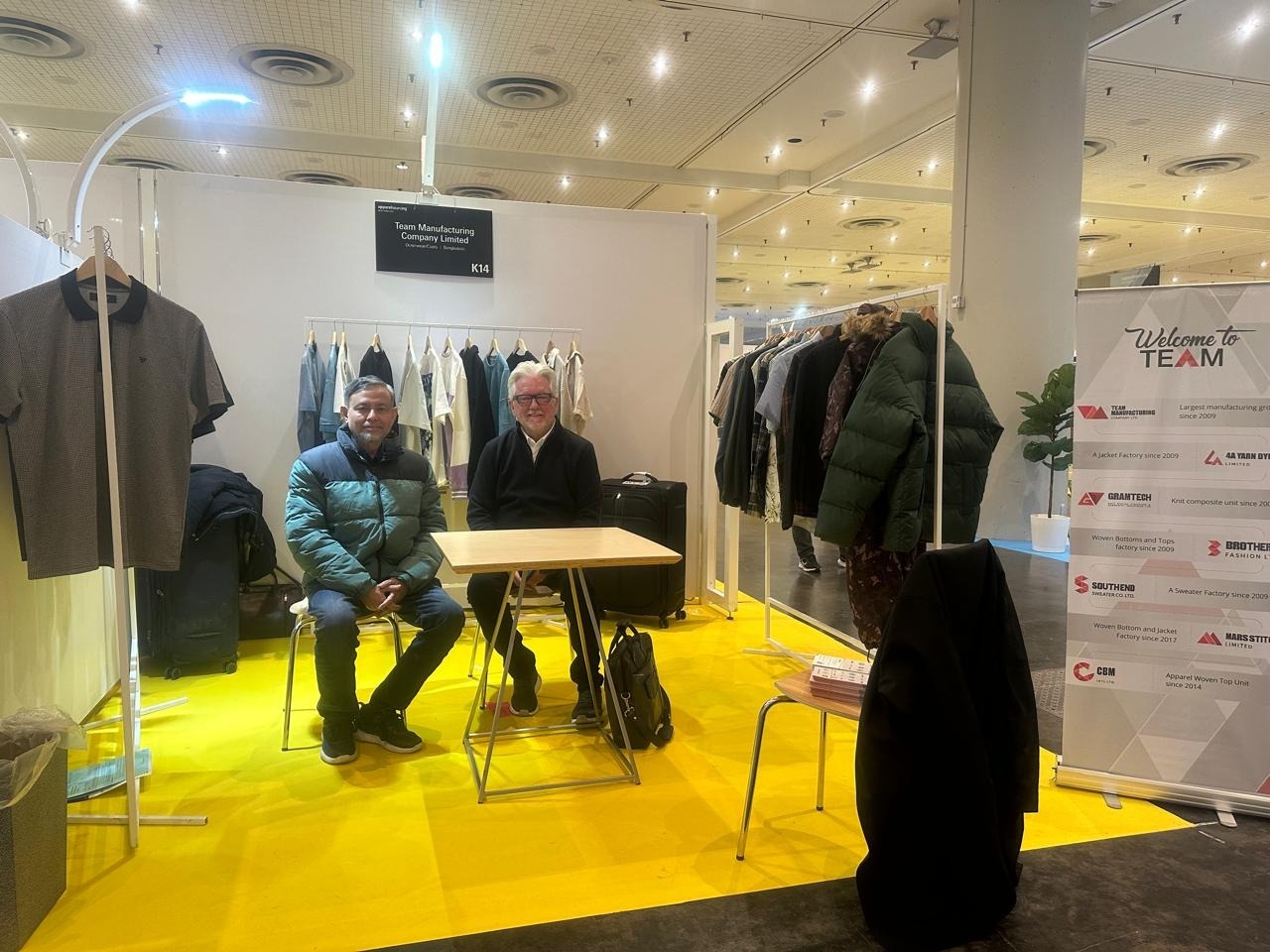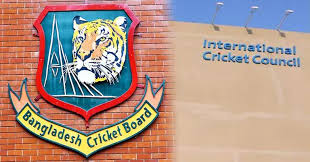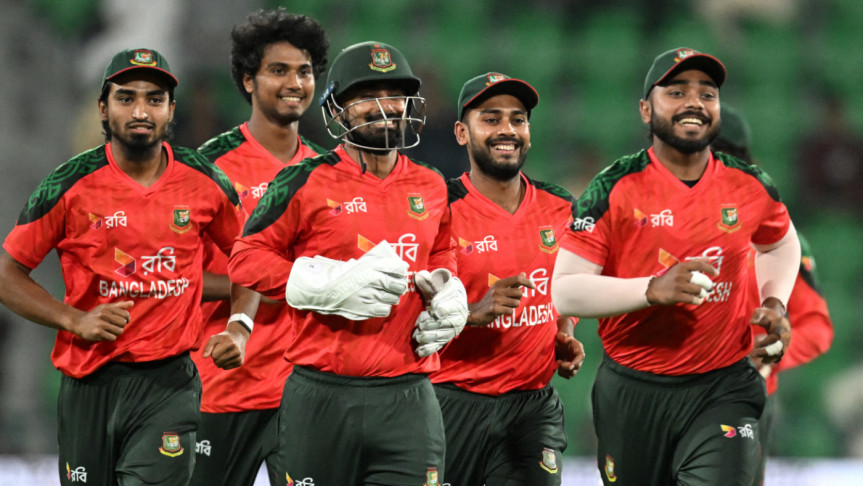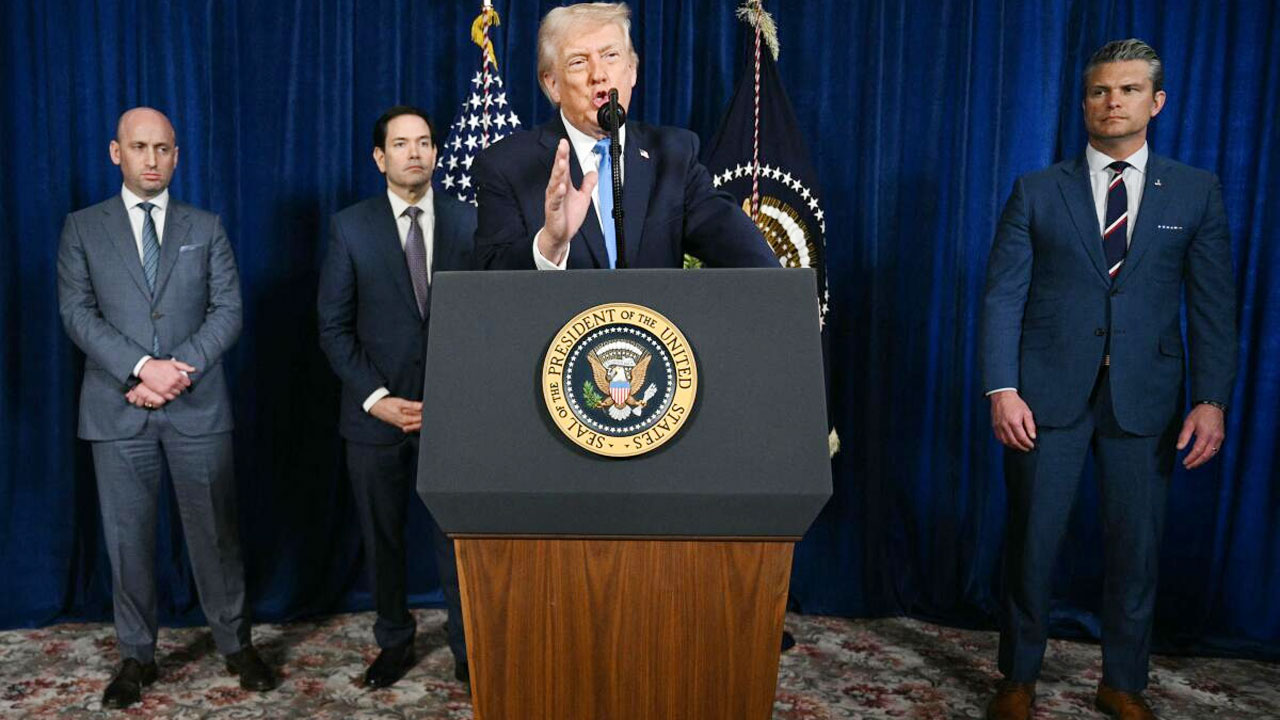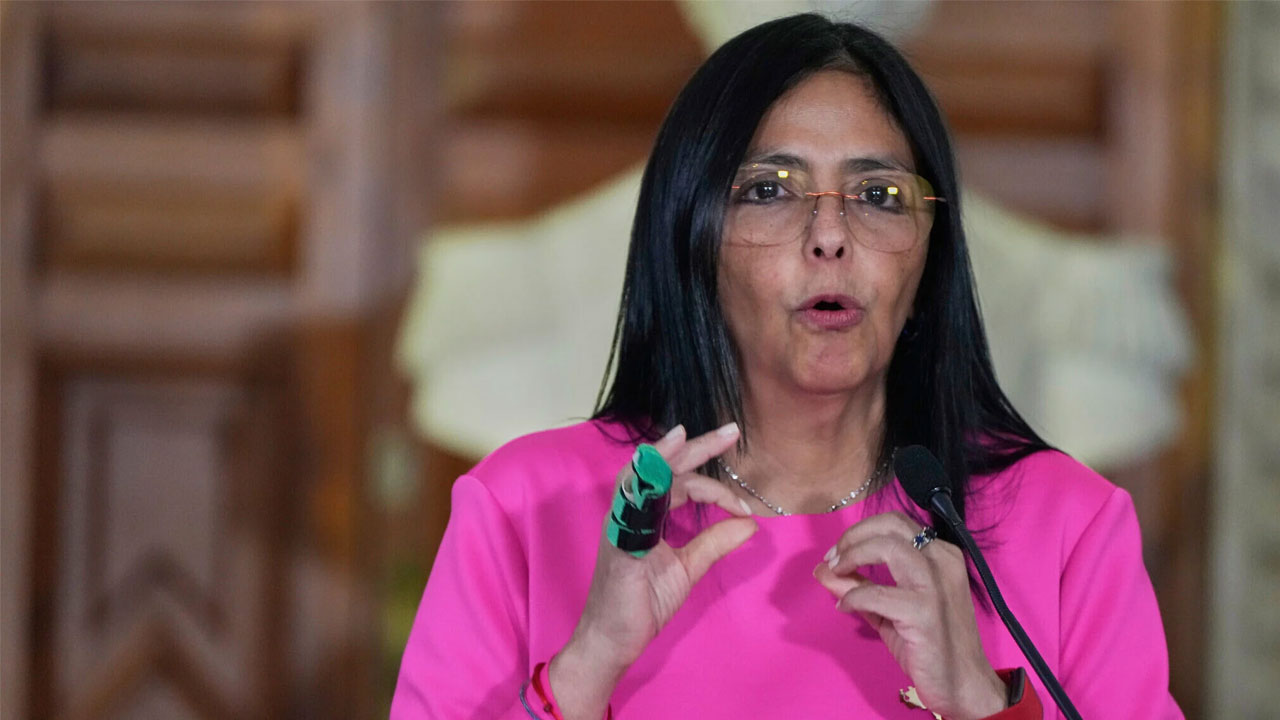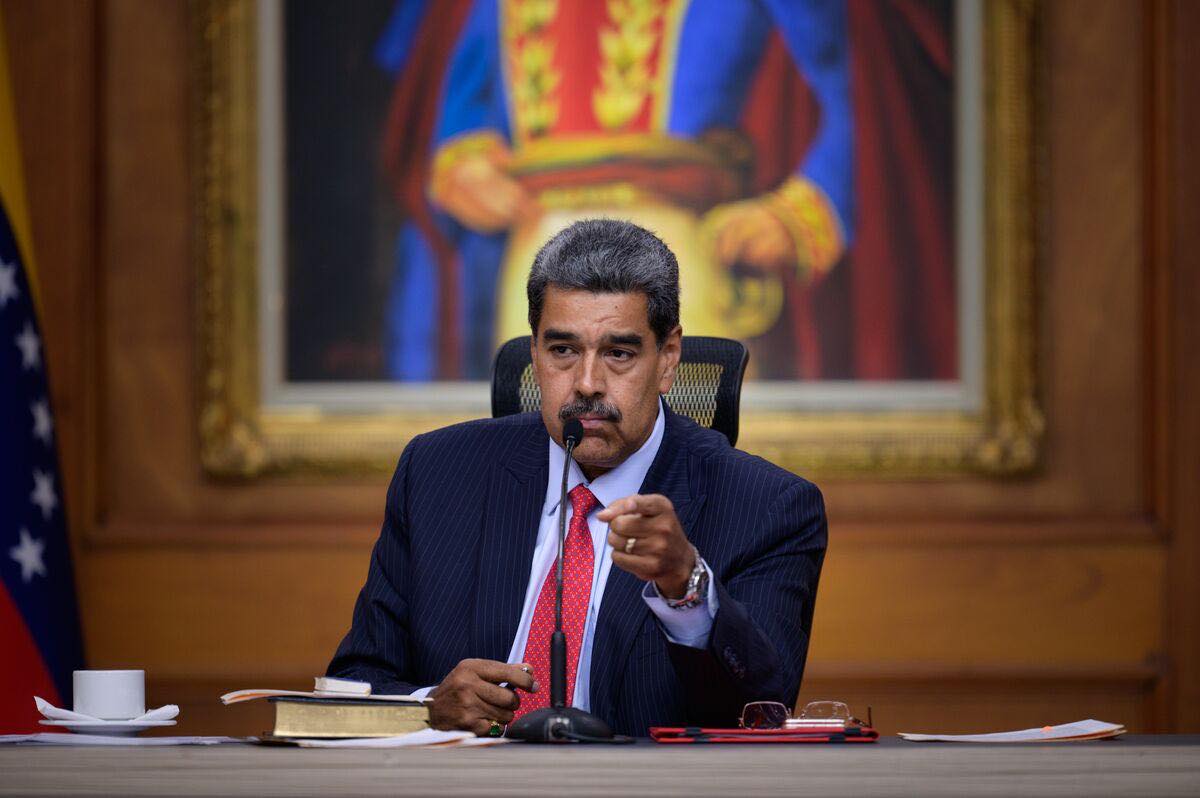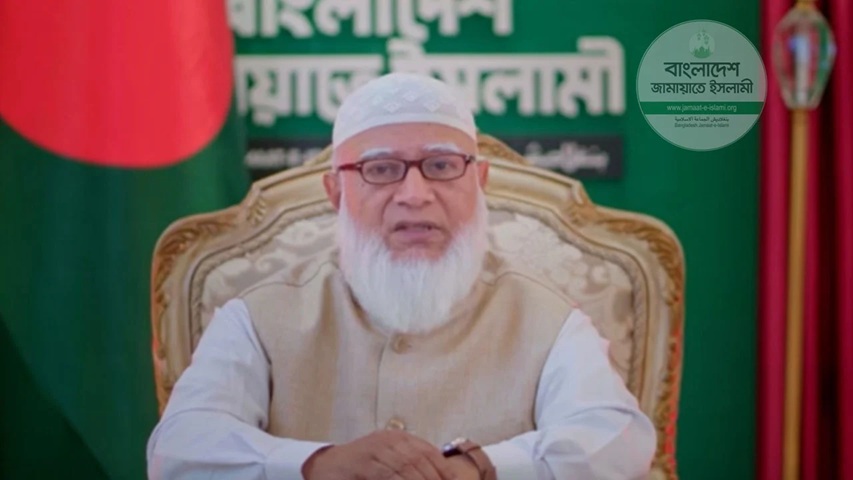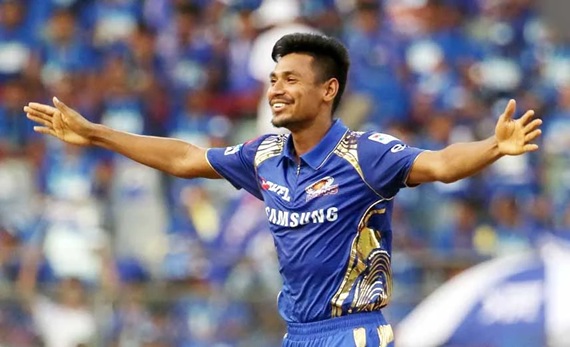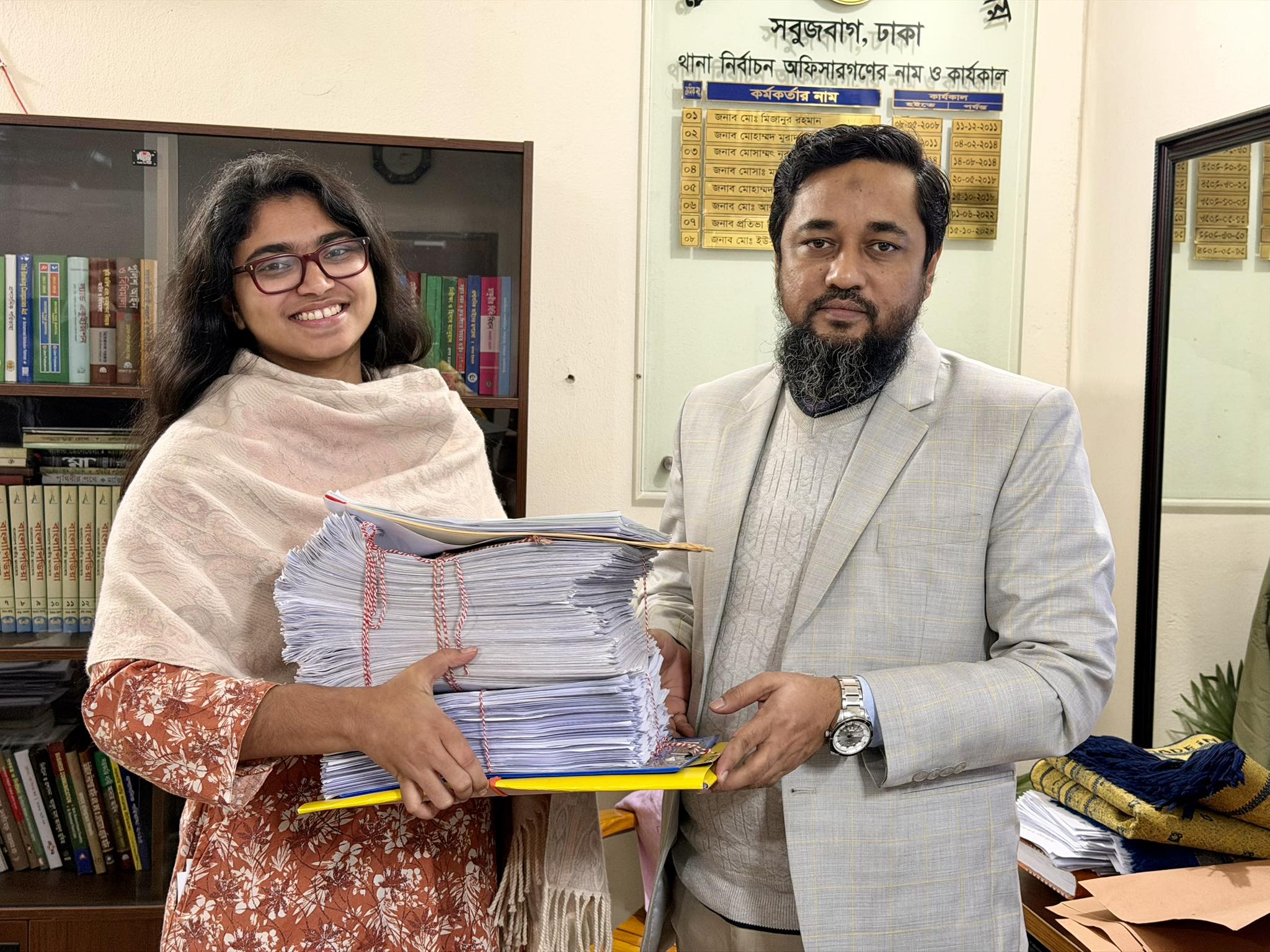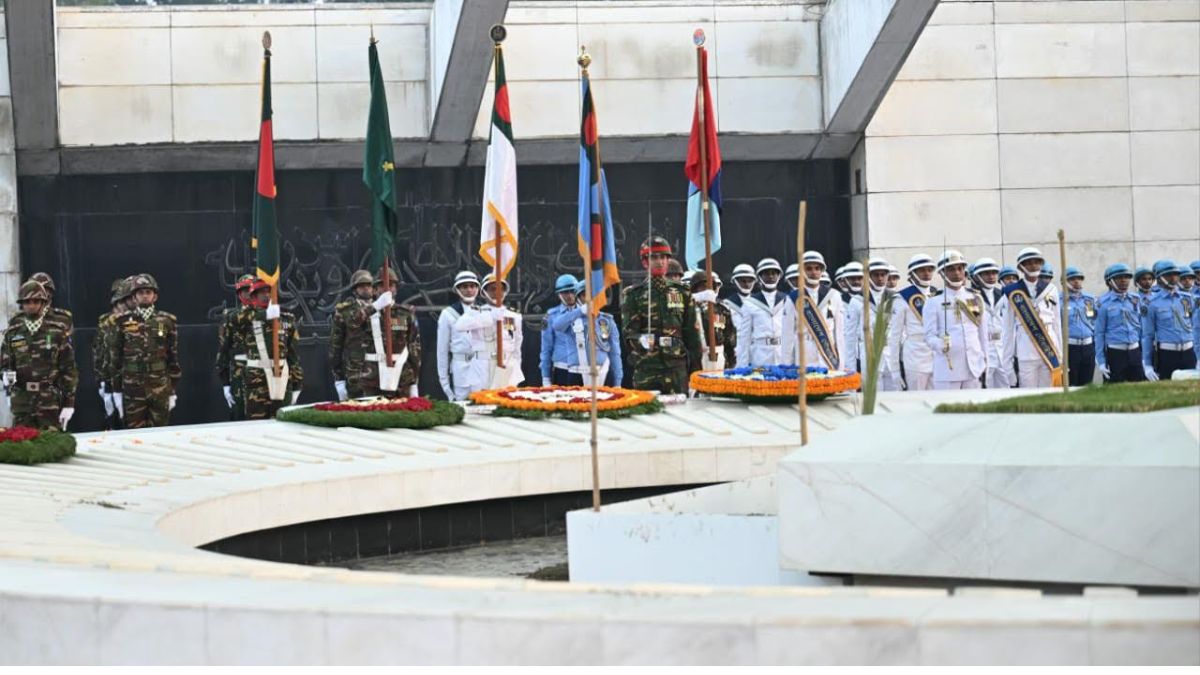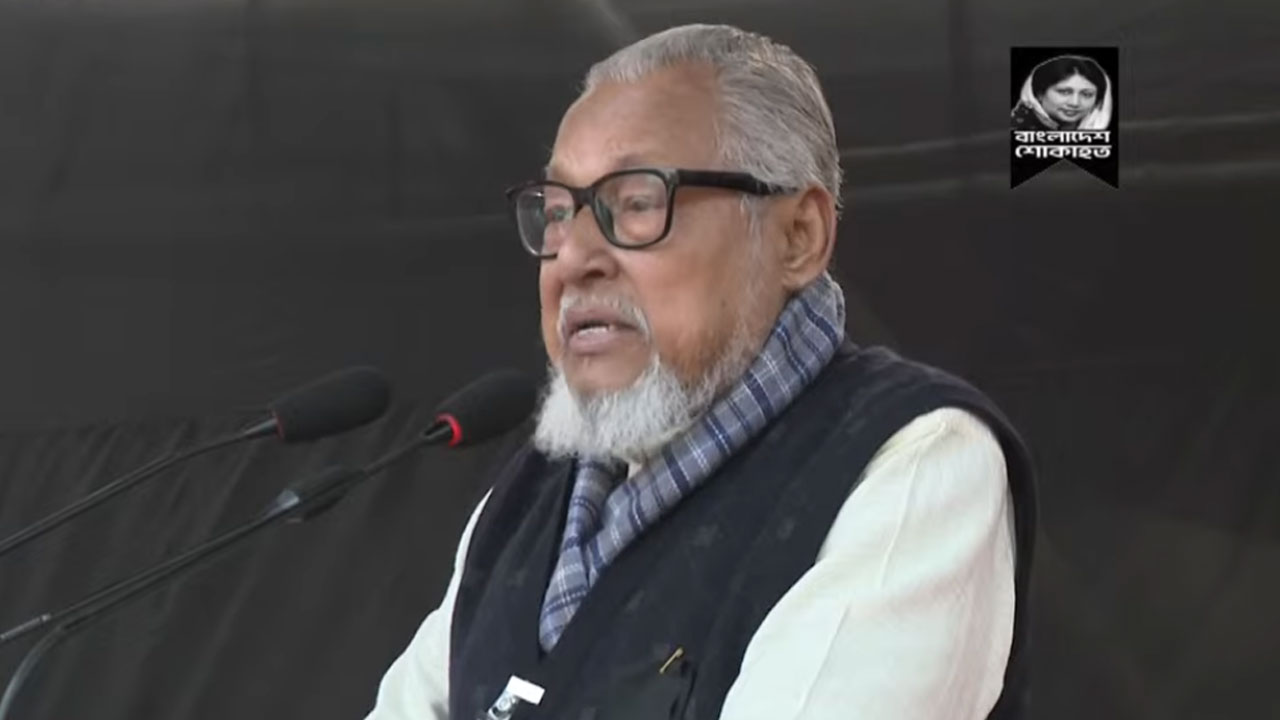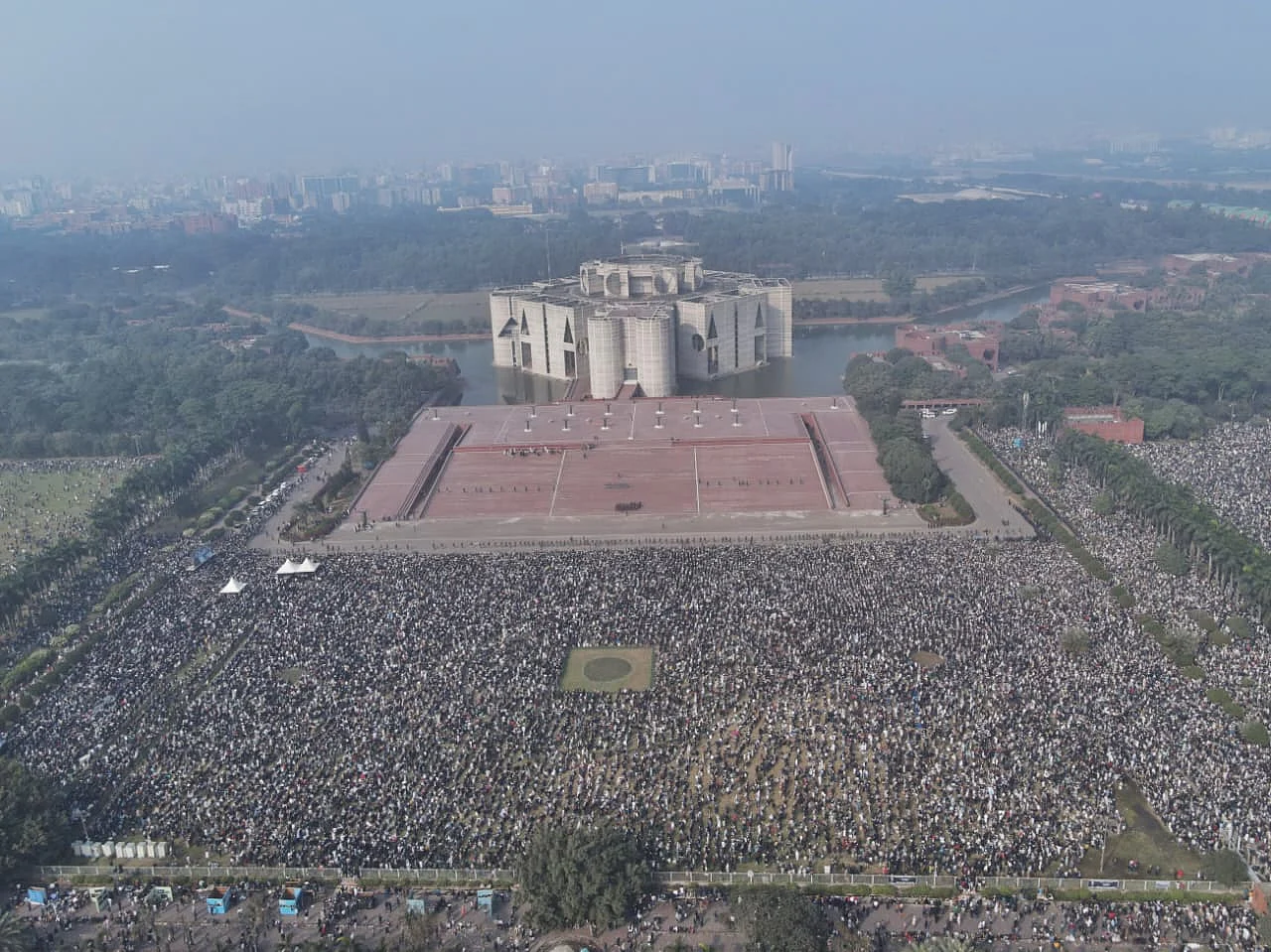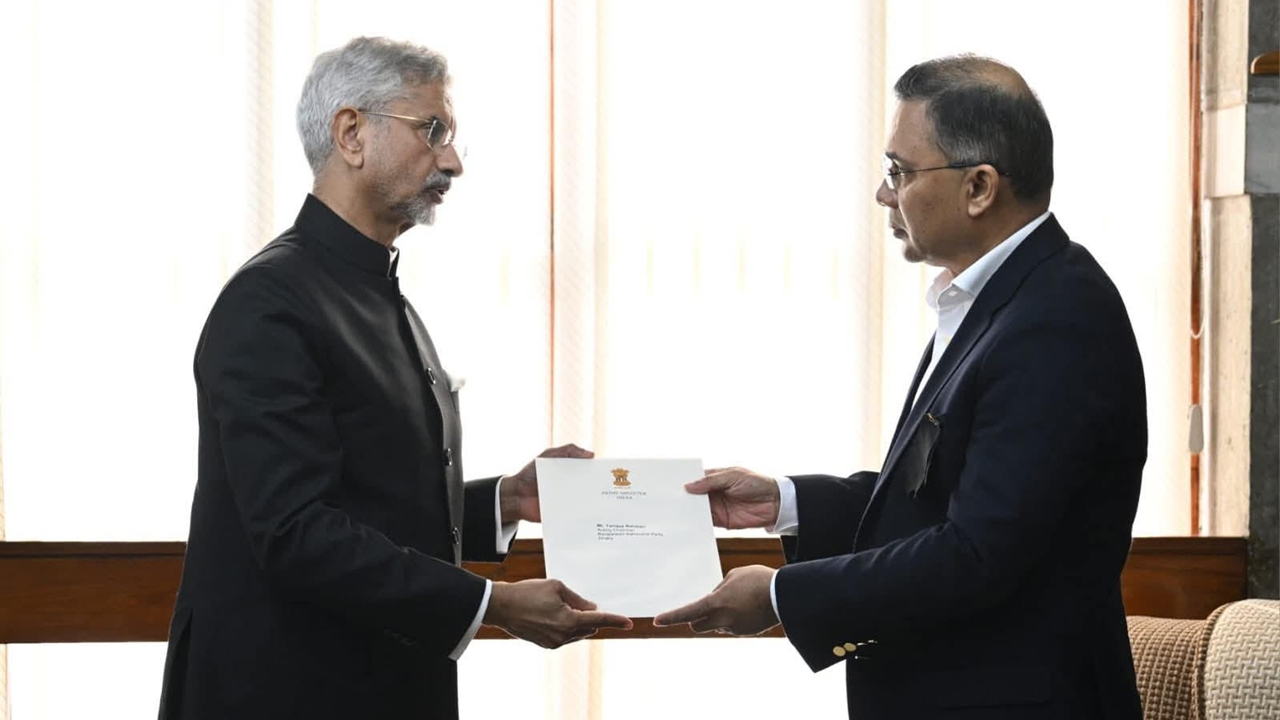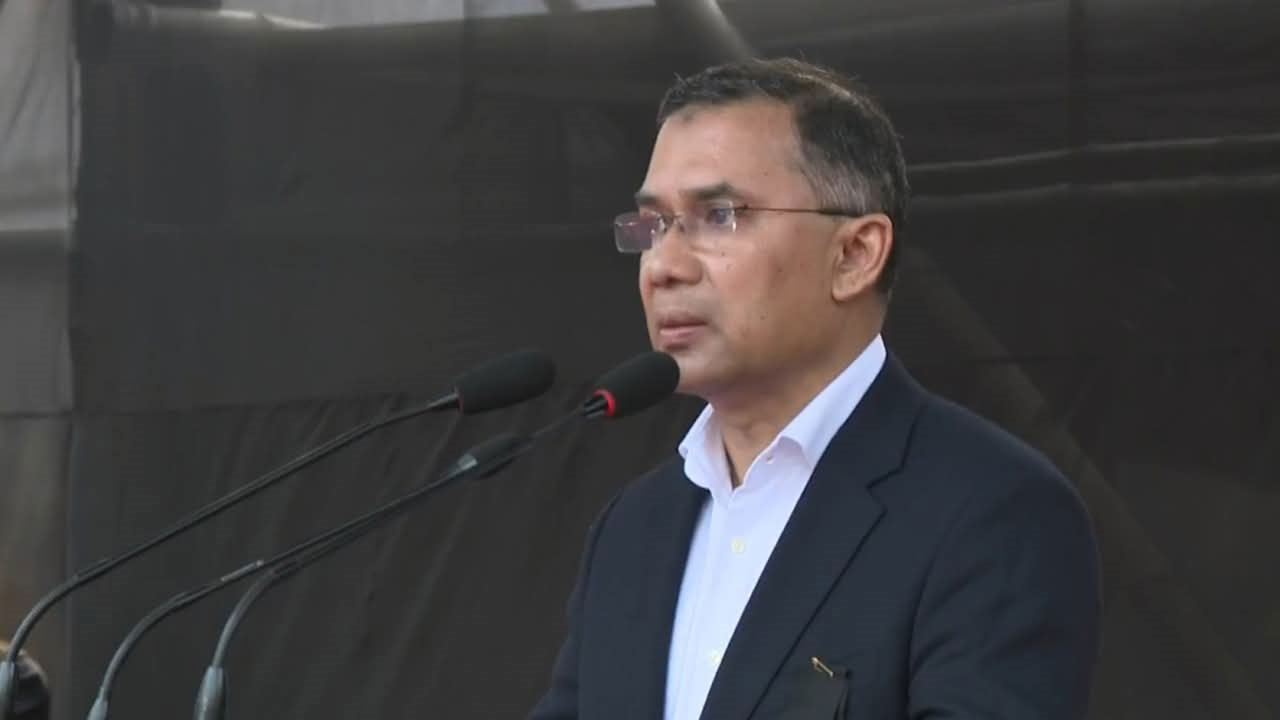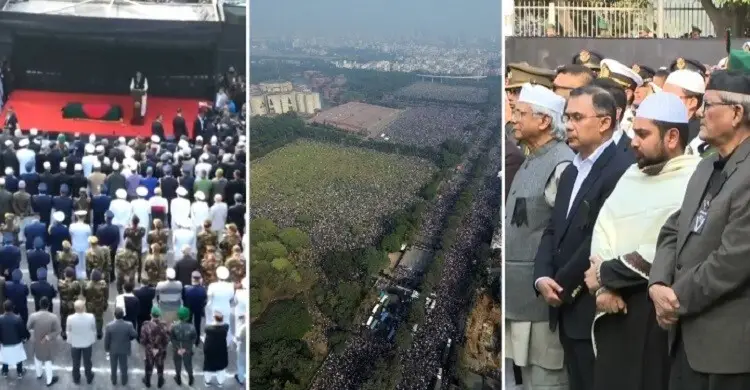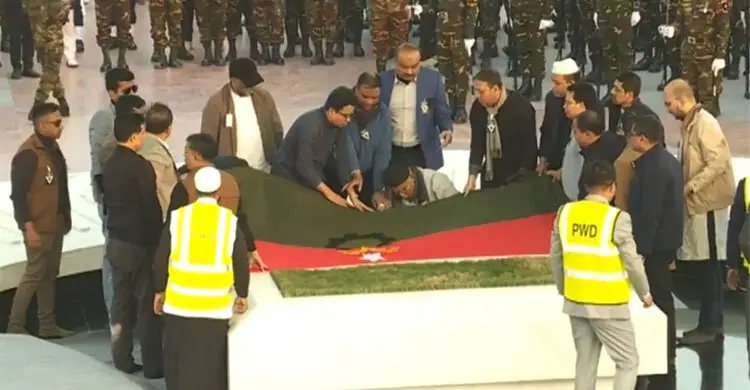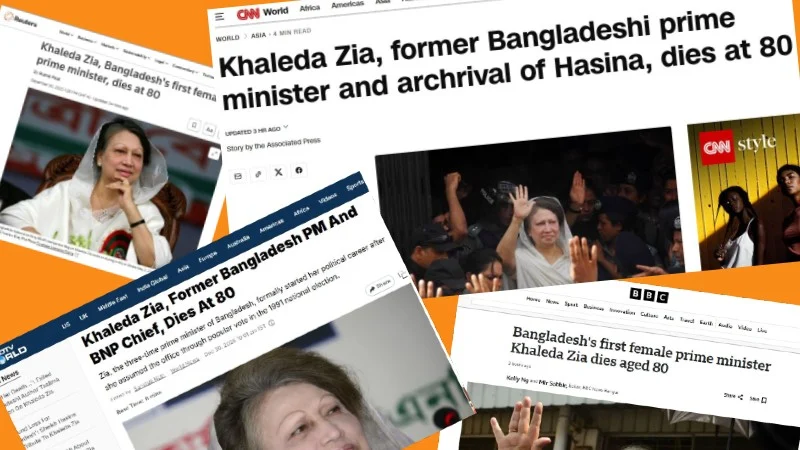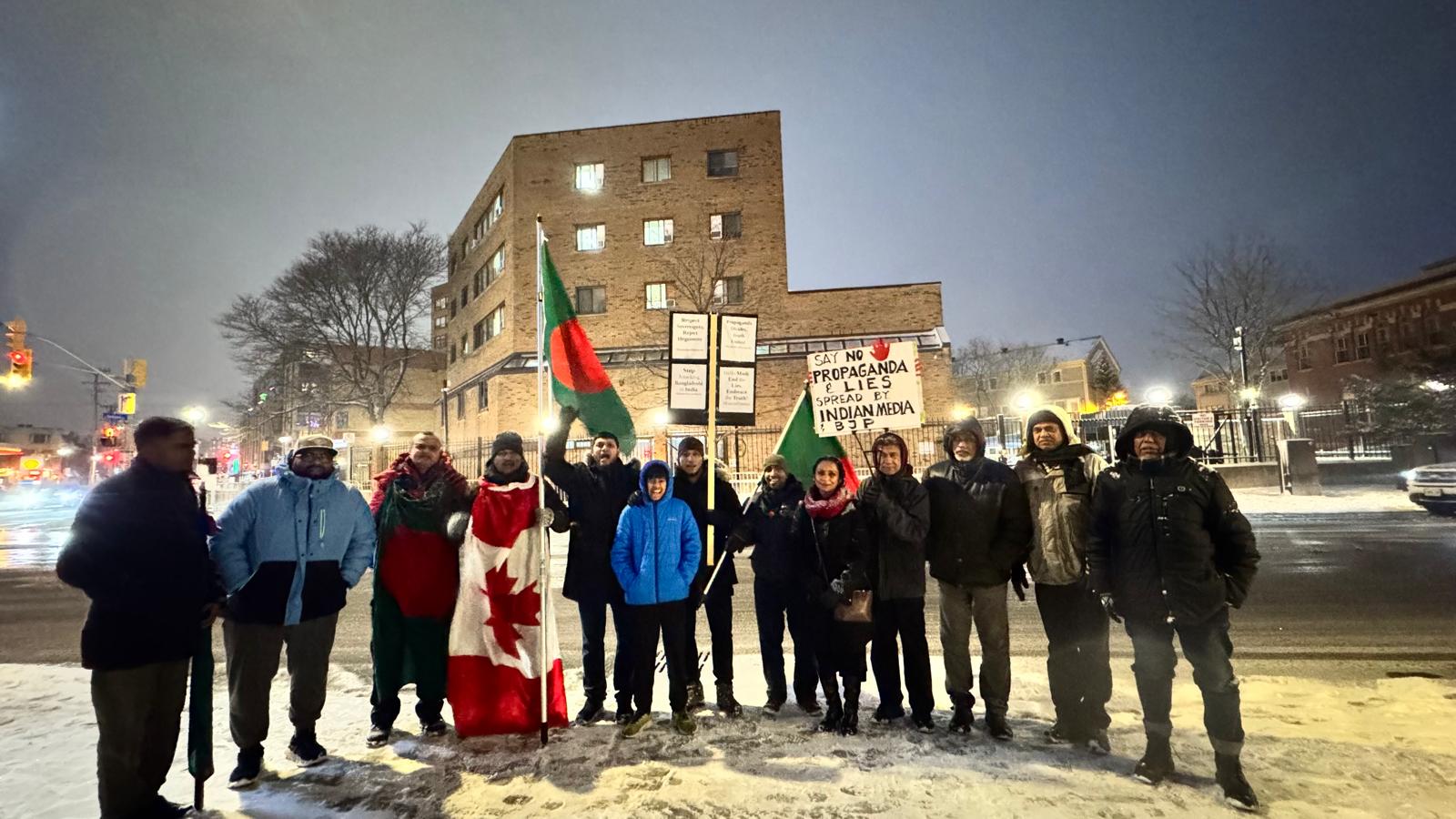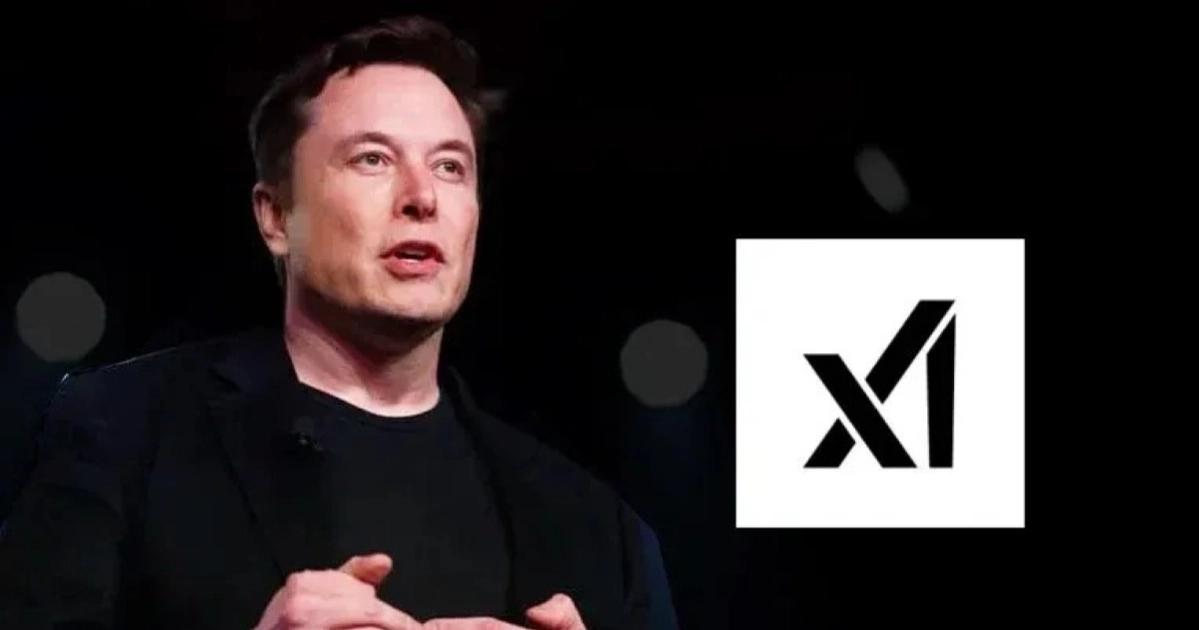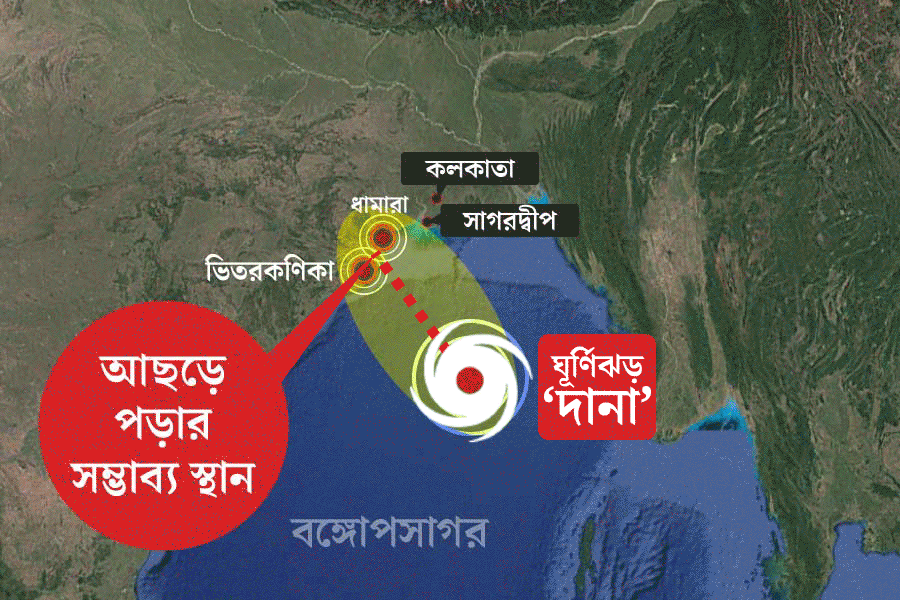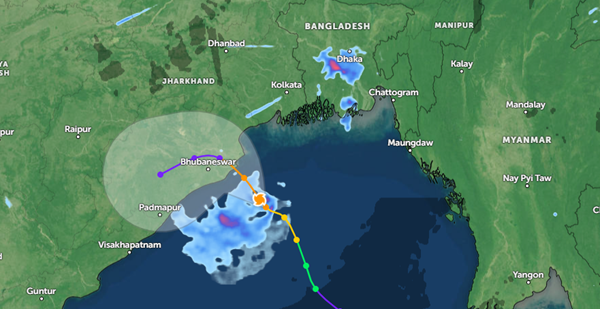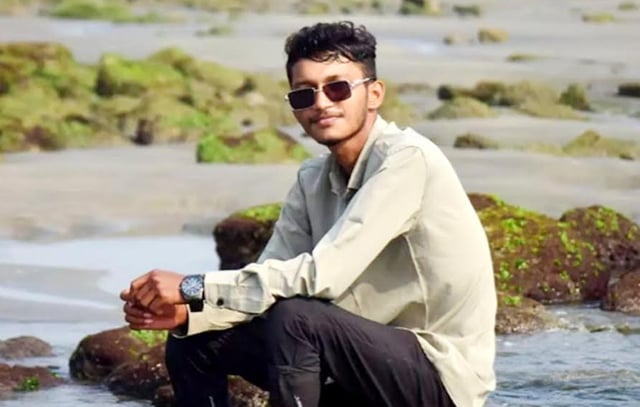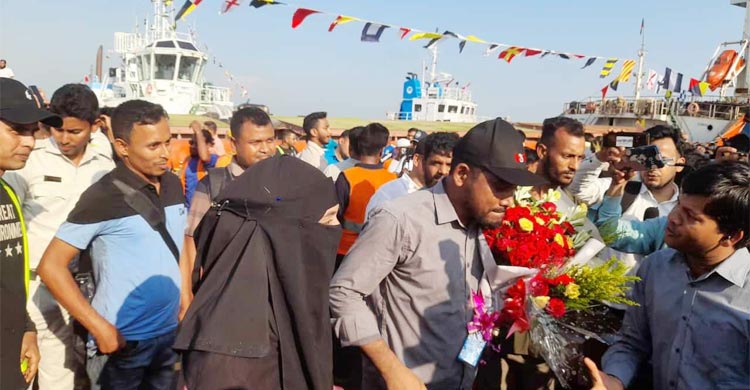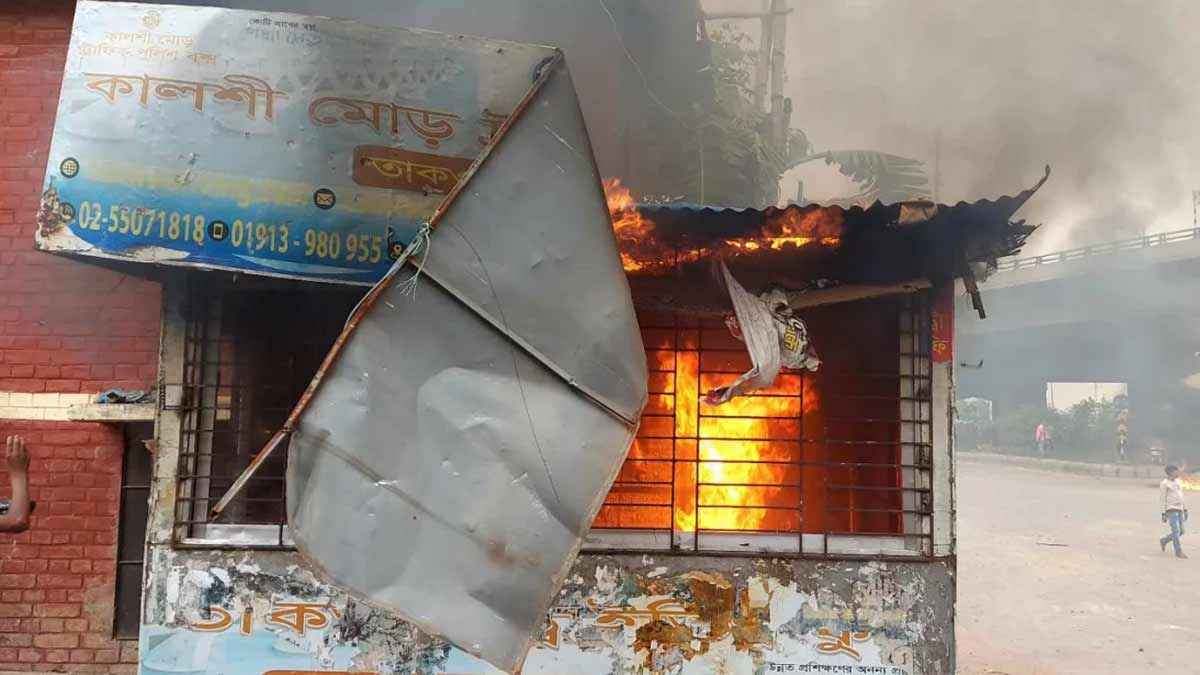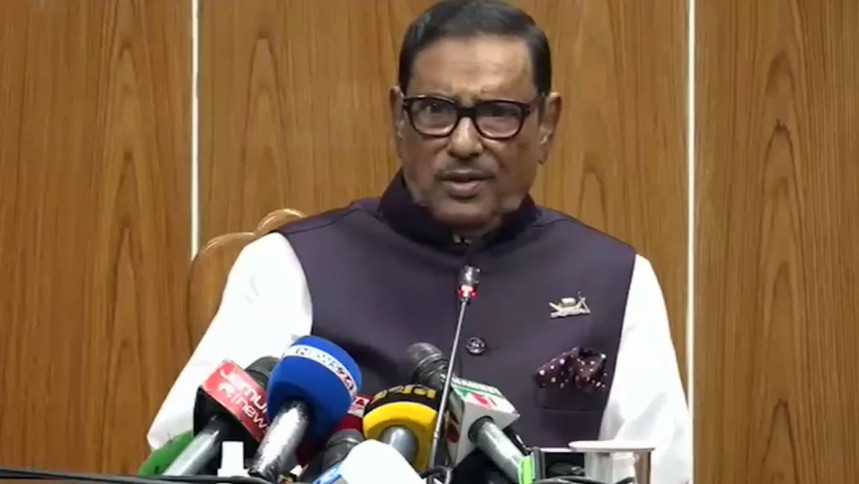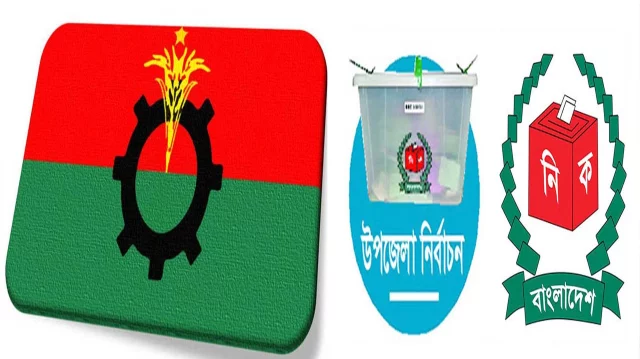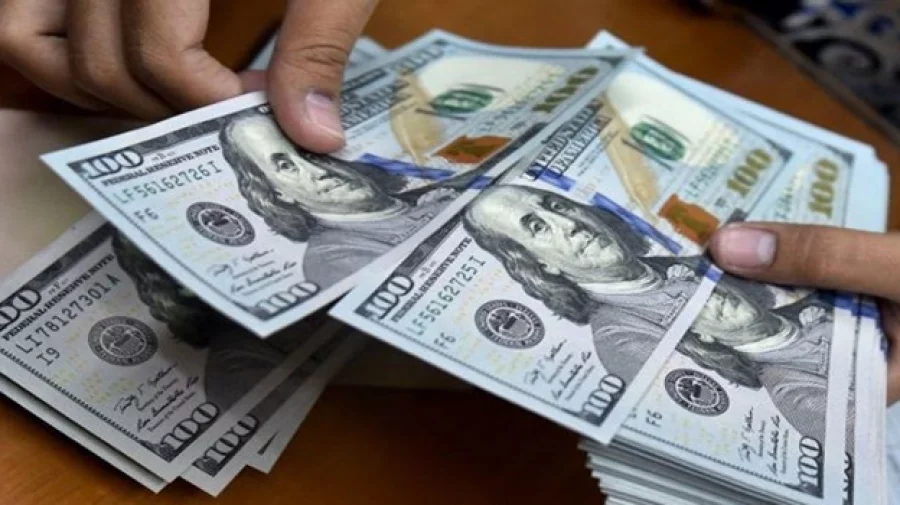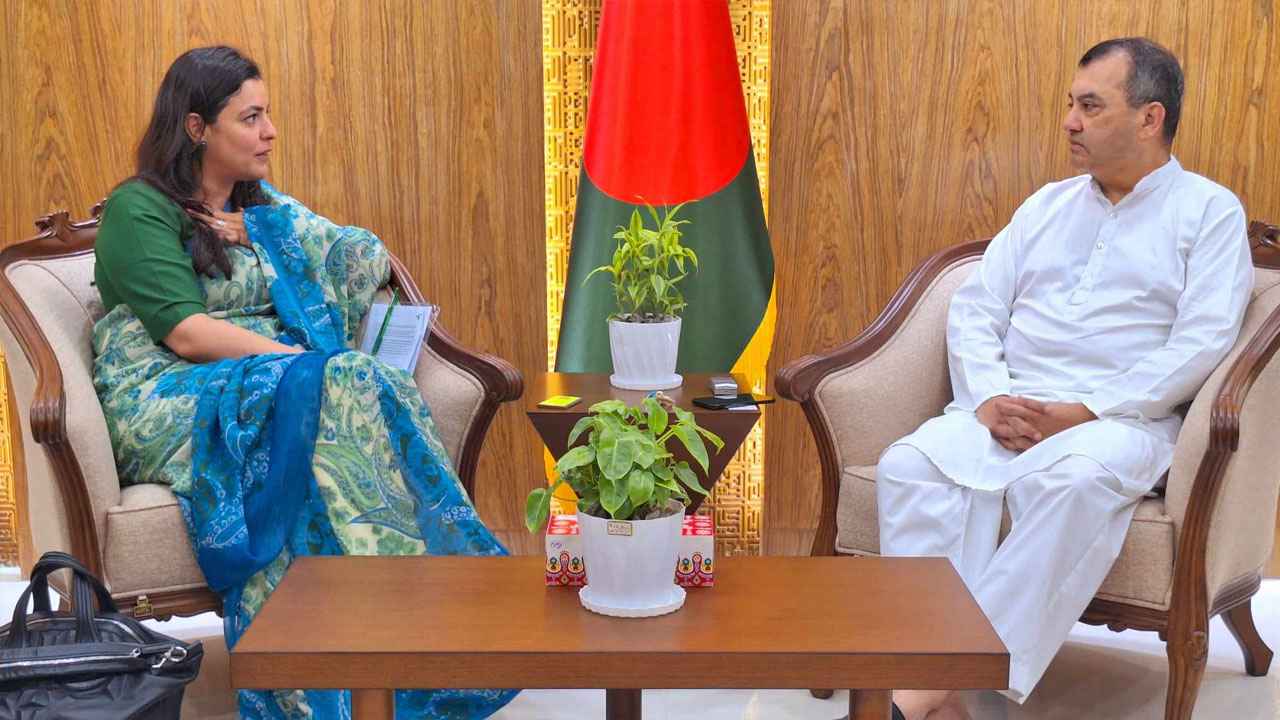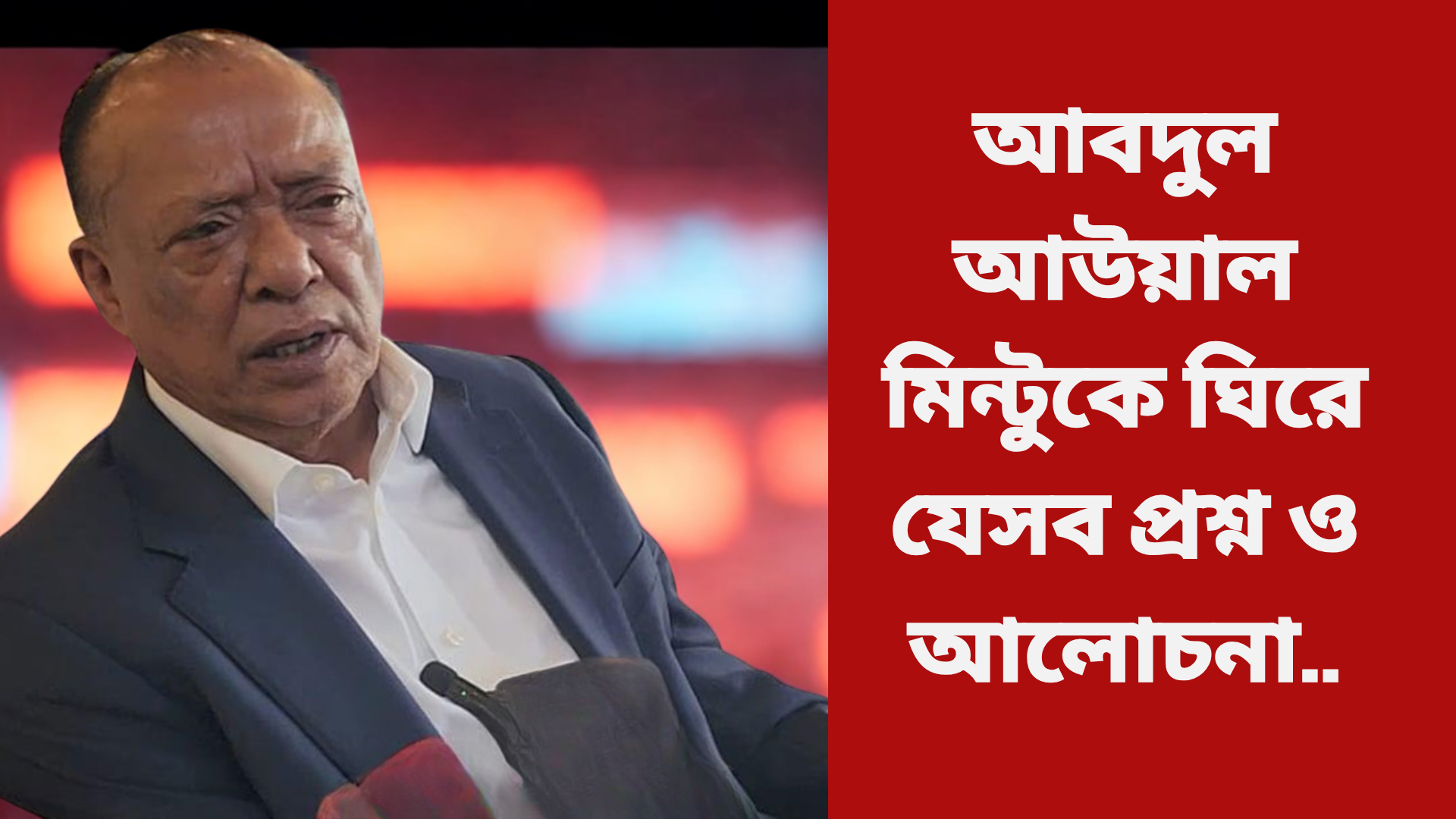
Abdul Awal Mintoo is one of Bangladesh’s most influential business leaders—an iconic figure whose rise began in the 1980s. From energy, banking and insurance to agriculture and textiles, he enjoyed sweeping success across multiple sectors. Known as a pioneer in many industries, Mintoo also carved out significant influence in national politics. At one time, it was said that “Mintoo could make ministers and MPs,” implying that holding public office was beneath his stature. Today, however, Mintoo himself is in the race to become a Member of Parliament. He once aspired to be Mayor of Dhaka—an ambition that never materialized.
After the political shift of August 5, Mintoo initially emerged as a prominent public voice. Some even labeled him a “neo-dervish.” But soon after, he fell remarkably silent. Why? What does this silence say about his political future? This report attempts to explore these questions.
A Once-Influential Figure Across Political Lines
Mintoo was, at one time, equally acceptable to both major political leaders—Begum Khaleda Zia and Sheikh Hasina. As a result, he enjoyed popularity within both major parties. Business leaders frequently sought his help to secure contracts or expand their ventures. His day often began at the Sonargaon or the then-Sheraton hotel lobby, where a steady stream of businesspeople and politicians would gather to seek his counsel.
Some would visit him, secure a deal within months, and move on. Many of the country’s medium-sized entrepreneurs benefited from his support. He also played a key role in helping several politicians win elections. His presence in the media was significant as well.
With the backing of both leading parties, he served two terms as president of the Federation of Bangladesh Chambers of Commerce and Industry (FBCCI). Under his leadership, the organization underwent major transformation, and he was the first to formally present a reform agenda to the government.
Why the Sudden Silence?
Since August 5, Mintoo’s political engagement has drastically shrunk. He is now rarely seen outside his business ventures. Some allege that he provided shelter to certain business leaders associated with the previous “fascist government,” including ruling party MP Morshed Alam and his brother, former FBCCI president and Bengal Group vice chairman Jashim Uddin. Also mentioned are former FBCCI president Mahbubul Alam, senior vice president Amin Helali—considered close to former information minister Hasan Mahmud—and Exim Bank chairman Nazrul Islam Mazumder.
Morshed Alam and Mazumder were later arrested. When Jashim Uddin was stopped at the airport during an attempt to leave the country, Mintoo allegedly intervened to help him depart, fueling resentment among reformist business groups. A business assembly was later organized under his leadership at Sonargaon Hotel, but a faction of anti-authoritarian and reformist businessmen boycotted the event—prompting questions about Mintoo’s motives.
Responding to criticism, Mintoo insisted:
“I never gained any post by serving any government. I was more powerful than the ‘dervish’ figures people speak of. They were nothing at the time. If I did not misuse power then, I am unlikely to do so now.”
Family Interests and Shifting Priorities
Mintoo’s critics say he has been more focused on placing his wife and children in influential positions. His wife, Nasrin Awal Mintoo, has become a member of an FBCCI supporting committee. Some suggest she has been preoccupied with the Daganbhuiyan constituency, Mintoo’s political base. After August 5, Mintoo took control of National Bank and has been expanding his business operations. Even at his age, he has continued his education, earning a foreign degree.
Despite his business success, questions remain: Has Mintoo been able to maintain his political influence within the BNP?
Many believe his standing in the party has weakened compared to the past. He played a key role in BNP’s return to power in 2001, but when he sought the FBCCI presidency in 2003, he reportedly struggled to secure party endorsement. His close relationship with then–US Ambassador Harry K. Thomas later improved his ties with the BNP and helped him secure the FBCCI presidency.
A Strategic Silence?
After August 5, Mintoo’s eldest son, Tabith M. Awal, became president of the Bangladesh Football Federation. His younger son, Tajwar M. Awal, is rumored to be preparing to contest for an FBCCI vice president post. Analysts speculate that Mintoo’s silence may be strategic—allowing his family to advance while he avoids political controversy ahead of the national election.
New Developments
According to the latest information, Abdul Awal Mintoo has received the BNP nomination for the Feni–Daganbhuiyan constituency and is now actively preparing for the challenge of contesting for a parliamentary seat.
